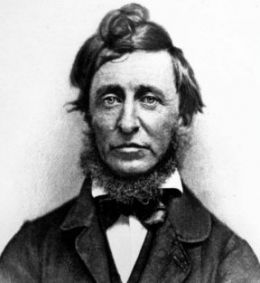The Romantic Impulse
Nationalism and Romanticism in American Painting
Europeans felt that they alone at center of artistic world, but paintings within US popular because they felt they had artistic traditions of their own: wonder of nation's landscape, shoe power of nature through wild outdoor scenes.
First great school of American painters from Hudson River School in New York: Frederic Church, Thomas Cole, Thomas Doughty, Asher Durand. Hoped to express “wild nature” that existed in America but not Europe.
Literature and the Quest for Liberation
Early 19 th century American literature unpopular, British novelist Sir Walter Scott was. But even during 1820s great American novelist James Fenimore Cooper- evocation of wilderness, adventure, westward expansion- his “Leatherstocking Tales were The Last of the Mohicans & The Deerslayer".
Cooper's novels showed effort to produce truly American literature, ideal of independent individual with natural inner goodness, fear of disorder.
Later American romantic works included: poet Walt Whitman's Leaves of Grass (1855)- celebration of democracy, individual liberty. Other works more bleak- Herman Melville's Moby Dick (1851) of individual will but tragedy of pride and revenge, writer Edgar Allen Poe's “The Raven” (1845) established him as literary figure- humans exploring deeper world of spirit and emotions.




